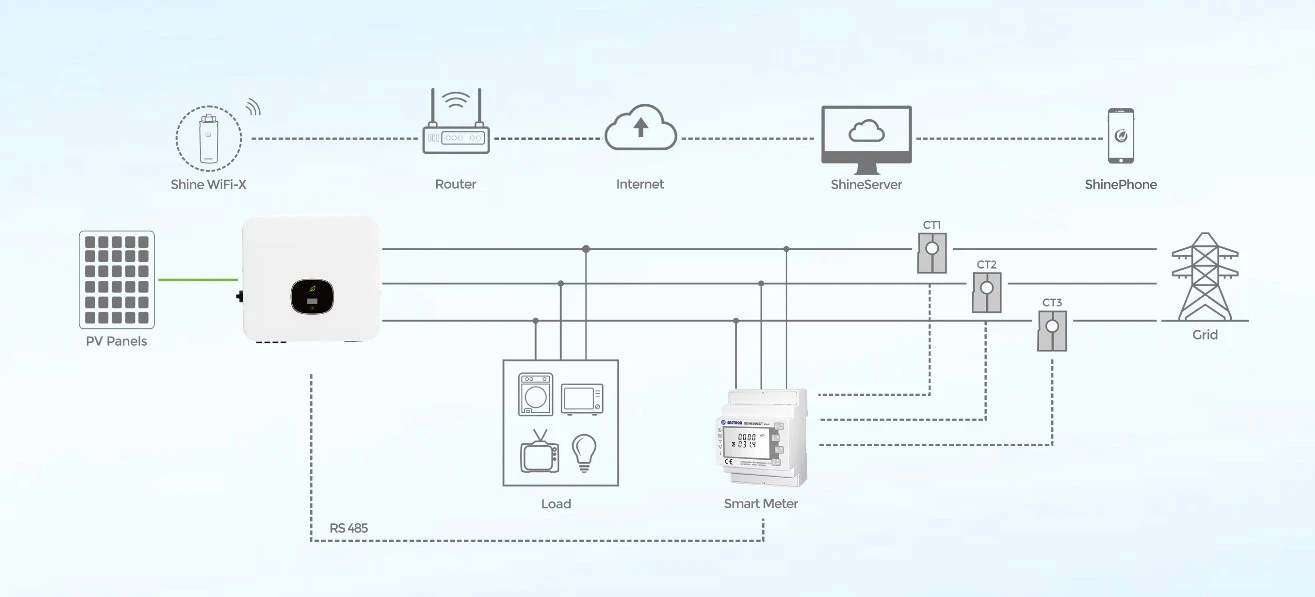Choosing Solar Panels for Your Home Roof Installation and Benefits Guide
Harnessing Solar Panels for Residential Roofs A Sustainable Future
As the world increasingly turns toward sustainable energy solutions, solar panels have emerged as a popular choice for homeowners looking to reduce their carbon footprint and energy costs. With advancements in technology, solar panels are not only more efficient but also more affordable than ever, making them an attractive option for those considering renewable energy sources for their homes.
The Basics of Solar Power
Solar panels operate by converting sunlight into electricity through photovoltaic (PV) cells. These cells are composed of semiconductor materials that generate an electric current when exposed to sunlight. The electricity produced can be used to power a home directly or be fed into the grid, providing homeowners with potential savings on their energy bills.
Benefits of Installing Solar Panels
1. Cost Savings One of the most significant advantages of installing solar panels on your roof is the potential for substantial savings on your electricity bills. By generating your own power, you may reduce your reliance on the grid, leading to lower monthly expenses. Additionally, many regions offer incentives, such as tax credits and rebates, which can offset the initial investment.
2. Environmental Impact Solar energy is a clean, renewable resource that can significantly reduce greenhouse gas emissions. By opting for solar panels, homeowners contribute to the fight against climate change and promote a more sustainable future. This shift away from fossil fuels can help improve air quality and reduce environmental degradation.
3. Energy Independence Solar panels can provide a level of energy independence that is increasingly appealing. In the event of power outages, homes equipped with solar panels and battery storage systems can continue to operate without relying on the grid. This independence can provide peace of mind, especially in areas prone to severe weather conditions.
4. Increased Home Value Properties with solar panel installations often see an increase in value. Homebuyers are becoming more eco-conscious, and many view solar energy systems as desirable features. Investing in solar panels can enhance your home’s appeal on the market, making it a wise investment for the future.
5. Low Maintenance Costs Solar panels are generally low-maintenance; they require minimal upkeep to function effectively. A simple annual cleaning and occasional inspections are typically sufficient to ensure optimal performance, making them a hassle-free energy solution.
solar panels for house roof

Challenges and Considerations
While the benefits of solar panels are numerous, potential installers should be aware of certain challenges. The initial cost of purchasing and installing solar panels can be significant, and not all homes are suitable for their installation. Factors such as roof orientation, angle, and shading from trees or nearby buildings can impact efficiency.
Another consideration is the variable nature of solar power; energy production can fluctuate based on weather conditions and seasonal changes. Therefore, homeowners must evaluate their energy needs and may need to invest in battery storage systems to ensure a consistent supply of electricity.
Choosing the Right System
When considering solar panels for your roof, it’s crucial to conduct thorough research. Begin by assessing your home’s energy consumption to determine the appropriate system size. Consult with qualified solar energy providers who can evaluate your property and recommend the best options based on your budget, location, and energy needs.
Moreover, it’s advisable to explore the various types of solar panels available, such as monocrystalline, polycrystalline, and thin-film. Each type has its own advantages and disadvantages, including efficiency rates, space requirements, and costs.
The Future of Solar Energy
As technology continues to advance, the efficiency and affordability of solar energy systems are expected to improve further. Innovations in solar technology, such as solar shingles and bifacial panels, are making it easier for homeowners to integrate solar energy into their homes without sacrificing aesthetics.
In conclusion, harnessing solar panels for your residential roof is not just an investment in your home but also a commitment to creating a sustainable future. With numerous benefits ranging from cost savings to environmental impact, going solar is a step toward energy independence. As renewable energy becomes increasingly essential in combating climate change, embracing solar technology is a proactive choice that benefits both homeowners and the planet.
-
String Solar Inverter: The High-Efficiency Solution for Smart Solar EnergyNewsJul.14,2025
-
Revolutionizing Rooftop Energy with the Power of the Micro Solar InverterNewsJul.14,2025
-
Power Independence with Smart Off Grid Solar Inverter SolutionsNewsJul.14,2025
-
On Grid Solar Inverter: Powering the Future with Smart Grid IntegrationNewsJul.14,2025
-
Monocrystalline Solar Panels: High-Efficiency Power for the Future of Clean EnergyNewsJul.14,2025
-
Bifacial Solar Panel: A Smarter Investment for Next-Generation Energy SystemsNewsJul.14,2025







